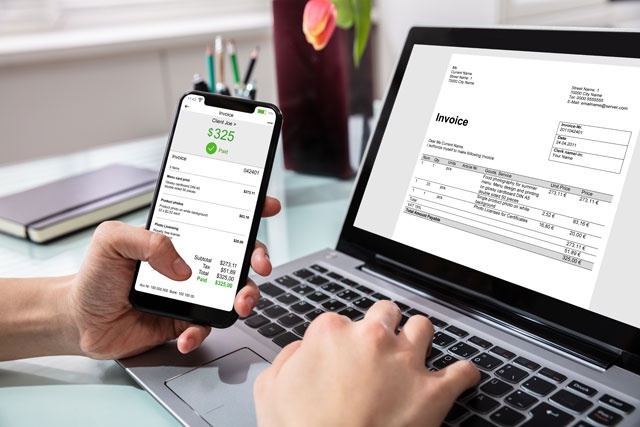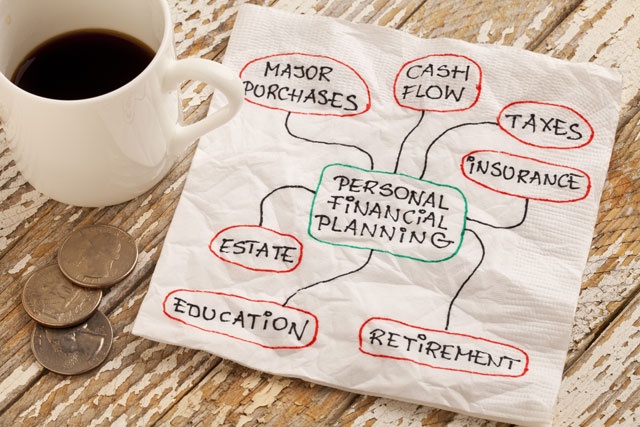Many people's approach to securing credit is to do it off their own backs, before the business is even registered. While this is a more straightforward way of doing things initially, you will find that should things become a bit more complicated down the line, you will be in a very restricted, prohibitive position. This will affect your personal position in a big way and is less than welcome at a time when you will need some breathing space.
However, there is too much at stake to make this a sensible business decision. Yes, you want your business to work. Yes, you would be distraught if it went to the wall. Yes, you will lose your house if the plan does not work and you find yourself unable to make repayments. Your business is important, hugely so if it is where you make your livelihood. Even so, it is not more important than the roof over your head. If you really must use something that you own to provide security against a loan, you should ask yourself if you really should be taking out a loan in the first place. If you decide to do this, you must be absolutely certain that the collateral is something you can afford to lose.
It is much more desirable to ensure you have ways of securing credit for your business without having to provide personal guarantees. If you can get a loan on the strength of your business credit rating, then do so. If you have registered as a limited liability company (LLC) or a corporation, this will mean that all of your personal assets are protected. If you take out a business loan as opposed to a personal loan, and your company goes bust, then the company's assets are at risk. That is not what you would wish for, but would you rather lose your office or your home?
If you are keen to build business credit without having to give personal guarantees, you will first need an Employer Identification Number (EIN). This needs to be requested from the government and identifies your business in much the same way as a Social Security number identifies an individual. With this in hand, visit a number of suppliers in your local area who provide things that you will need in order to run your company properly. Request to set up a credit account with a few of these, and if they agree, ask whether they report credit payments to the credit bureaus. Even if they do not, it may be worth having an account with them, but if they do then you are well on the way to building a credit record without having to give personal guarantees. On top of this, register with the three major credit bureaus and report your credit payments to them as and when you make them.
|
As long as you only borrow what you will be able to pay back, you will positively affect your credit rating. If you borrow more and find the repayments difficult, not only will it affect your credit rating adversely, but it will prevent you from operating as freely as you would like to in a business setting. The best approach overall is once you get the money, place it in a savings account. Withdraw money to spend as you need it, but leave the rest in the savings account, where it will earn interest and can be used toward repaying the loan. If you are lucky, you will get a loan at a rate of interest that is lower than most and close to the interest rate offered by a savings account. This makes the debt more manageable, and puts you in a position where you can control your situation. |
Managing your business debts is important. It allows you to operate your business on a level that is continually sustainable and is beneficial to your cash flow. Not only does it keep more money free for business needs but allows you to build a credit rating that will be helpful in terms of borrowing more as your business grows. As a rule, if you run your business sensibly you will have money coming in at a greater rate every year. Therefore, if you take a sensible approach to borrowing for your business needs, you will find that you can afford to pay off the higher monthly payments that come with higher amounts of borrowing. A higher rate of borrowing will mean a higher rate of debt. This is not a bad thing in and of itself because, if your business is operating as it should, the higher rate of debt will be offset by the higher earnings of your company.
It is important to take the attitude that debt is not something that should be viewed as a negative just because the word itself has bad associations. One day, you may well be running a company debt-free. In the early days of your company, it will be difficult to achieve everything you want without a little bit of debt. Nevertheless, if you are managing your debts sensibly it will make things easier from year to year. It will also mean that you are not likely to be tempted to borrow money as an individual, offering personal guarantees to secure it and risking your own situation or home. You will not be tempted to remortgage your home, risking repossession. Bit by bit, the business will become a great deal more fluid. No business runs itself, but a well-managed business with well-managed debt will be easier to run and give you more space to deal with things in your own way.































